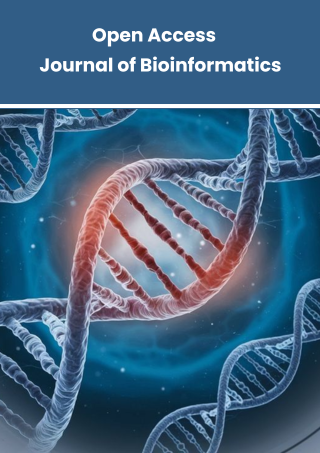Artificial intelligence in bioinformatics
Artificial intelligence in bioinformatics leverages advanced computational techniques—including machine learning, deep learning, and pattern recognition—to analyze, interpret, and model complex biological data. AI-driven approaches enable the discovery of hidden relationships in high-dimensional datasets generated from genomics, proteomics, metabolomics, imaging, and clinical records. By integrating neural networks, natural language processing, and predictive modeling, this field supports tasks such as gene function prediction, protein structure modeling, disease classification, biomarker identification, and drug–target interaction mapping. AI significantly accelerates biological research by automating data processing, improving prediction accuracy, and enabling large-scale analyses that are otherwise infeasible with traditional computational methods. In clinical settings, AI-powered systems enhance early diagnosis, therapeutic decision-making, and personalized treatment planning. As biological data volumes expand and algorithms become more sophisticated, transparent model development, bias mitigation, and robust validation frameworks remain essential for ensuring reliable and ethically responsible AI applications in life sciences and medicine.
Article Processing Timeline
| 2-5 Days | Initial Quality & Plagiarism Check |
| 15 Days |
Peer Review Feedback |
| 85% | Acceptance Rate (after peer review) |
| 30-45 Days | Total article processing time |
Indexed In
ResearchBib
Sindexs
OAJI
DOAJ
CrossRef
PubMed
MEDLINE
EBSCO A-Z / Host
OCLC - WorldCat
Journal Flyer


